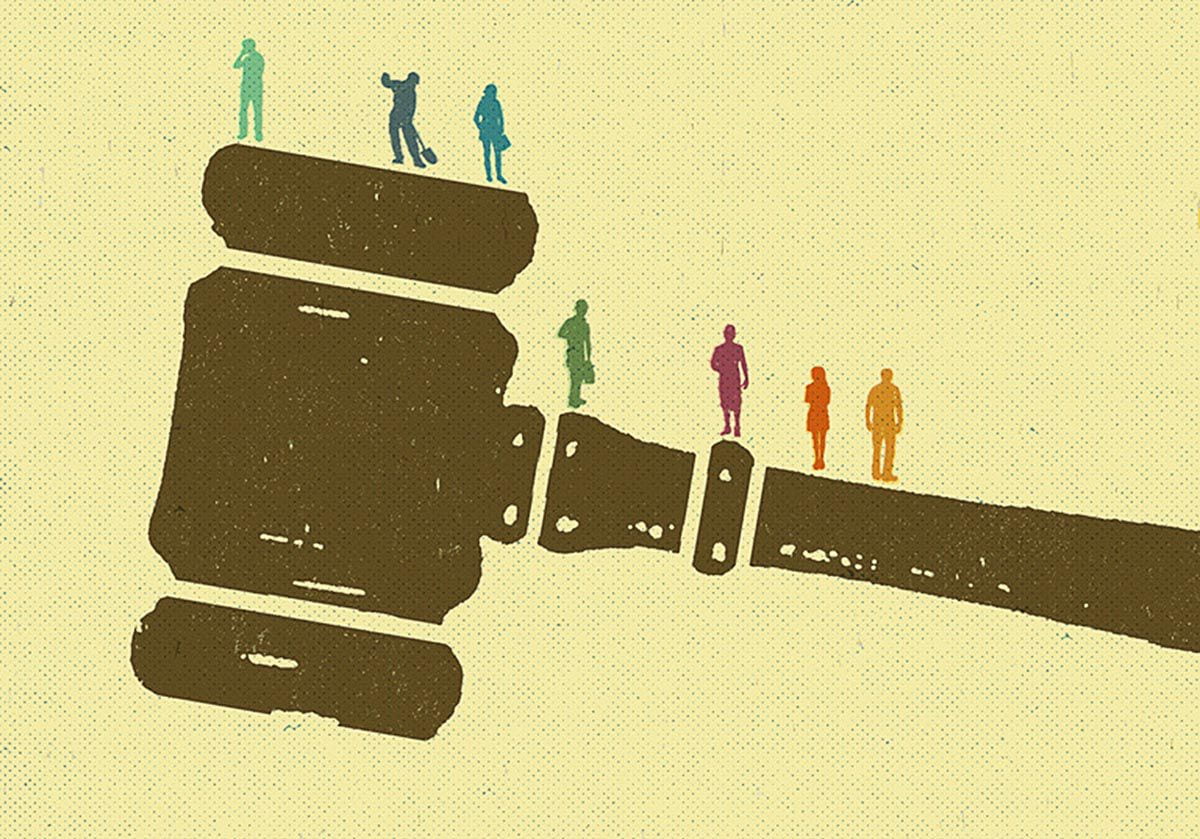Sept. 19, Holly Bowen, assistant psychology professor at SMU Dallas who specializes in memory issues, for a piece challenging the legitimacy of testimony from interviews conducted while the subject is under hypnosis. Published in the Dallas Morning News: https://bit.ly/33NtSGL
Since the inception of criminal investigations, the techniques and procedures used in these inquests have been plagued by pseudoscientific claims.
From spectral evidence allowed at the Salem witch trials and phrenologists interpreting bumps on the skulls of criminals, to modern-day polygraphs to detect lying and hypnosis to unlock repressed or forgotten memories, the justice system, and ultimately people’s lives, have too often been dictated by “junk” science. . .



